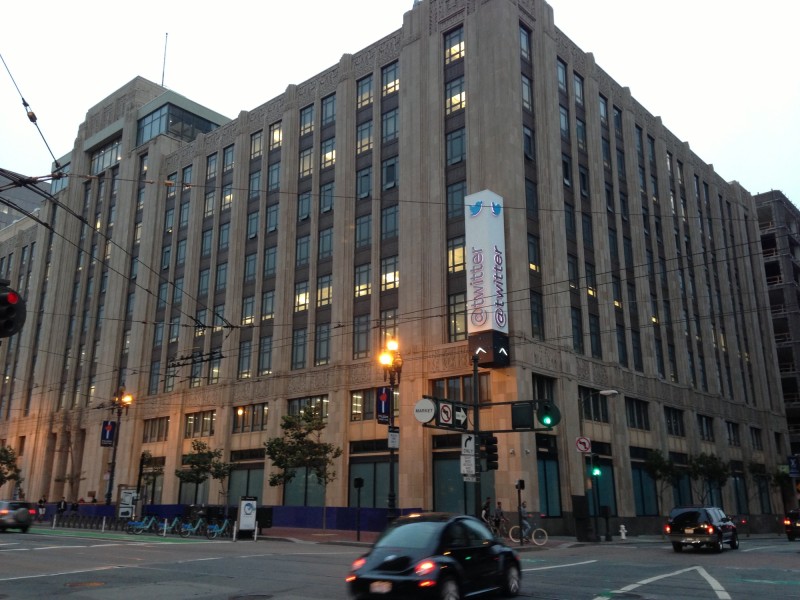Mar said the tax would generate around $120 million a year.
Supporters of what's called the "Fair Share Tech Tax" include community groups such as San Francisco Rising, Jobs with Justice and the Coalition on Homelessness.
"All of our folks are facing displacement, and this is due in large part to the tech boom," said Kung Feng, lead organizer for Jobs with Justice, at a press conference Tuesday.
"In order to truly address homelessness in San Francisco, we need a sustainable revenue source, we need to get serious about it, and in order to do that we need funding," said Jennifer Friedenbach, the homeless coalition's executive director.
The proposal will require six votes from members of the Board of Supervisors to get on the fall ballot. The measure is expected to get its first hearing next month.
Supervisors Mark Farrell, Scott Wiener, Norman Yee, Jane Kim and London Breed do not plan to vote for the measure.
"During a time when it's looking increasingly like we're heading towards a recession, to put a job-killing tax on the ballot is the worst idea I can think of," said Supervisor Mark Farrell.
An aide to Supervisor Kim, who tends to vote with the more progressive side of the board, said it's unlikely she'll vote for the proposal in its current state.
But, Kim, who's running against Wiener for a seat in the State Senate, said it addresses the kinds of problems that need to be solved.
"The proposal reflects the deep divide in our city as a few have prospered while so many are pushed out by rising costs," Kim said in an email. "There is a growing problem that requires creative solutions that we can all support regardless of the industry in which you work."
Supervisor John Avalos, one of the most progressive members of the board, has yet to make a decision, according to one of his aides.
"John plans to make a decision when all of the various proposed taxes are before the Board," said Jeremy Pollock. "He's concerned about overloading the ballot with too many taxes and he's hoping the board can winnow down the list some."
A representative for Mayor Ed Lee is adamant in opposition.
"Why are we punishing businesses for creating jobs?" mayoral spokeswoman Deirdre Hussey asked. "This job-killing ballot measure puts San Francisco's economic stability at risk and will return this city back to the days of the Great Recession. Rather than scapegoat a sector of our economy, we should be working together to find solutions to housing and homelessness, such as the sales tax."
A group representing tech companies also criticized the idea.
"Supervisor Mar should know better," said Alex Tourk, a spokesman for San Francisco Citizens Initiative for Technology and Innovation.
"Extorting more money from an industry who has helped ensure that we have the lowest unemployment rate in the country is ludicrous," Tourk said. "We need engagement and innovative partnerships to solve this problem, not finger-pointing and divisiveness."
Add the San Francisco Chamber of Commerce to the list of forces expected to battle the proposal.
"This sends a terrible message to the business community that the city is not a good partner," said Juliana Bunim, a chamber spokeswoman. "Singling out one industry and punishing its success is not the way to create and maintain a thriving economy."
If the proposed tax makes it to the November ballot, it would need a two-thirds majority of votes to pass.
One longtime housing advocate in a neighborhood that's seen the high-profile arrival of a number of tech firms says it's unlikely the tax will pass.
"I think it has no chance," said Randy Shaw, director of the Tenderloin Housing Clinic. "It raises questions why we are taxing tech and not large insurance companies, banks and oil companies."
City tax breaks for some tech companies have been the subject of controversy in recent years. At Mayor Lee's urging, the Board of Supervisors agreed in 2011 to grant a temporary payroll tax exemption to firms located in the Mid-Market area -- a move designed to lure Twitter and other enterprises.
The so-called Twitter tax break is set to expire next year.
